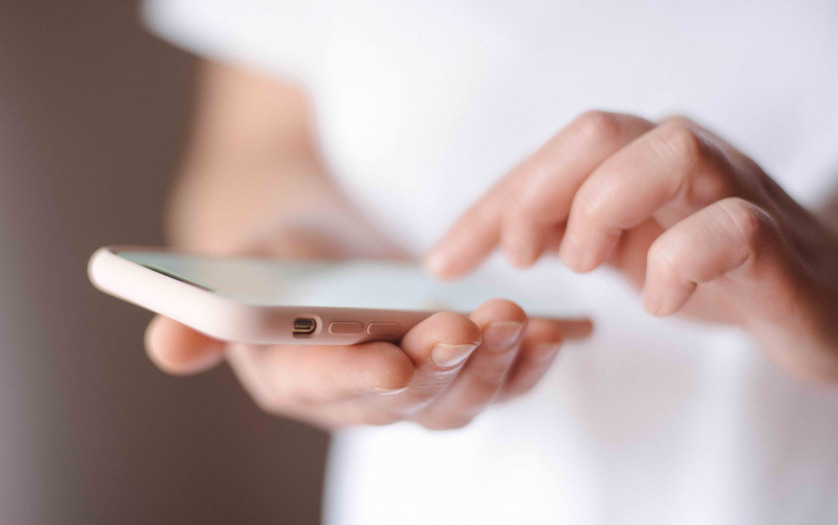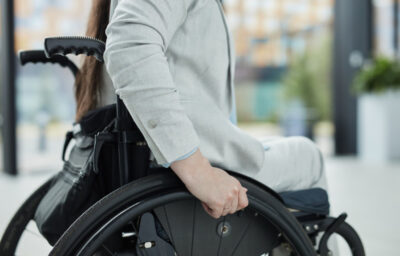
An app and a website developed in Argentina used by persons with disabilities, increased its use during the coronavirus quarantine, both by families and professionals, due to the communication possibilities that it allows, especially in the context of a pandemic.
ISay, a free mobile application (app) that already has more than 30,000 users, and a website developed by the Matías Pancorvo, allows people with disabilities to communicate, and facilitates family and professional teams to be in contact online to see the evolution of your patients.
Since the beginning of the quarantine, the app “turned out to be an indispensable tool” both for users and for the medical staff “because it is a means of direct communication and also a space where the patient can be remotely monitored,” said Télam the developer.
During the quarantine ISay registered a 40% rise in downloads from families made up of a person with a disability, while on the side of professionals, their use to work from home grew by 70%, he explained.
ISay grew out of Pancorvo’s personal experience, as his brother Felipe, 24, lives with tuberous sclerosis, a rare genetic disease that causes benign tumors in the brain and other vital organs. “My brother did very harsh treatments, with dozens of health professionals. Today he speaks perfect, he is the biggest critic of the app and he also uses it,” the entrepreneur shared.
The development has pictograms for people with disabilities to communicate and also allows creating dialogues, it has an agenda with alerts, games and exercises to support knowledge such as language, mathematics, geography and more, and both professionals and family members can see the activity log of the app. “These quarantine times, where we are not running, are a good opportunity to modify and transform the vocabulary within the application, the pictograms. It is a good exercise for people who use the app, that modification can be part of their routine” the developer noted.
He also valued that “it allows reinforcing links and you can see the activity of the boys in the app and the web.” The app, co-created by Gustavo Waiman, a psychologist specializing in disability, is one hundred percent customizable and has an editable database that allows you to express feelings or place orders through the menu with illustrative images.








